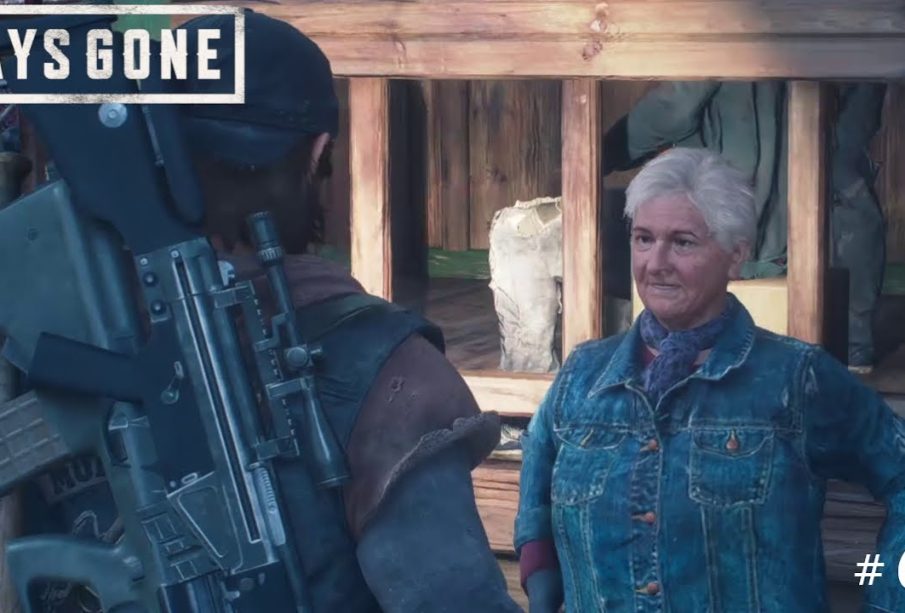The Importance of Understanding ‘The Gone’

Introduction
The concept of ‘the gone’ is increasingly resonant in today’s fast-paced world. It encapsulates not just physical absence, but also emotional and psychological voids that arise from loss. In a society that often glorifies progress and moving forward, acknowledging ‘the gone’ invites individuals to reflect on the importance of memory and remembrance in coping with grief.
What Does ‘The Gone’ Mean?
‘The gone’ can refer to a myriad of experiences: the passing of loved ones, the end of relationships, or even the fading of cherished places. This term evokes feelings intertwined with nostalgia, sorrow, and acceptance. Recent studies in psychology hint at the therapeutic benefits of recalling those who are ‘gone’, suggesting that doing so can facilitate healing and resilience.
Recent Events Highlighting ‘The Gone’
The COVID-19 pandemic has served as a powerful reminder of the impact of loss across the globe. With millions of lives lost, communities are grappling with profound grief. Memorials and public vigils have become common as societies collectively mourn the gone. Additionally, organisations have started to address the importance of mental health and remembrance, creating spaces for individuals to share experiences and honour those who have passed away.
Moreover, cultural shifts, particularly through art, literature, and music, are using ‘the gone’ as a central theme. Works that reflect on loss can be found more frequently in mainstream media, providing audiences with means to engage in the conversation about grief and memory.
Significance for Readers
Engaging with the idea of ‘the gone’ provides opportunities for personal reflection and connection with others. It encourages a dialogue about grief, ultimately helping individuals feel less isolated in their experiences. As society continues to evolve, understanding the complexities surrounding loss may not only foster a sense of community but also buffer against the emotional toll of modern life.
Conclusion
As we navigate life’s transient nature, embracing ‘the gone’ can serve as a pathway to healing. Acknowledging lost connections and memories does not diminish the progress but rather enriches our lives by adding depth and introspection. Looking ahead, it is crucial for communities to continue fostering conversations around grief and to honour those we have lost, ensuring that their memory resides with us.









